We’re Failing Chechnya’s Gay Men
Western governments are failing Chechnya's persecuted gay men. It's time for citizens to act.

On October 14, hundreds marched in the Voices4 Chechnya protest in New York City to draw attention to the persecution of LGBTQ Chechens. “No murder, no hate,” the group chanted, as they made their way from historic Stonewall to Trump Tower. “Change in Chechnya cannot wait.”
The protesters were calling on the United States to grant asylum to LGBTQ Chechens, and to send a message that the gay rights tragedy unfolding in one of Russia’s most repressed and conservative regions will not be ignored.
At a time of sharpening tensions and growing intolerance both here in the United States and around the world, those of us who can make a difference must act. With a president who doesn’t care about human rights sitting in the White House and a global political order in crisis, civil society is now central. We must protest, call representatives, and donate to organizations working to bring justice for LGBTQ folks.
The international scandal broke out in April of this year, when Russian newspapers learned of concentration camps set up to purge Chechnya of its queer population. “There are no gays in Chechnya,” said Chechen leader Ramzan Kadyrov, refuting claims of any persecution. And if there were, they should be kicked out of the region to purify Chechen blood.
To Kadyrov, allegations of the detaining and torture of gay Chechens are simply provocations made by his political enemies and a hostile press. In a meeting with Vladimir Putin, Kadyrov maintained that no “peaceful citizens” were being detained in his republic and that the media was peddling fake news against him.
Contrary to his statements, reports of human rights abuses continued to surface out of Chechnya. Gay men, in particular, are targeted by the Chechen police. They are taken to bloodsoaked cellars, where they are beaten and tortured. Some are then released. Others are not so lucky — they are thrown into special jails, where the beatings continue.
Human Rights Watch estimates that approximately 100 gay men have been detained. They are forced to sign blank confessions. They are silenced in the ultra-conservative Russian region, even if they are released. While vibrant gay communities exist in other parts of Russia, being gay in Chechnya means social ostracization and danger.
The West has been slow to respond. Canada has quietly admitted about 30 gay Chechen refugees and Latvia has admitted two, while Angela Merkel has tried to appeal to Putin without publicly supporting the asylum seekers in her own country. In fact, Germany is in the process of deporting the gay Chechens who managed to make it to the country back to Russia. Under Donald Trump, the American government has barely made any strides in recognizing there is a problem in the first place. The State Department press release expressed “concern” and the House of Representatives passed a resolution calling on the Russian government to condemn the violence.
Meanwhile, the Russian government has little control over how Kadyrov reigns over Chechnya. For the Russians, stability in a region that the country has fought two wars with in the past 25 years is more important than the lives of gay Chechens.
But civil society can make a difference where politicians fail. In September, Toronto-based nonprofit Rainbow Railroad announced that they had helped more than 30 LGBTQ Chechens leave Chechnya for other parts of Russia to secure safe passage to Canada. Once in Canada, the nonprofit worked with the Canadian government to secure asylum for the refugees.
RUSA LGBT, a network of Russian-speakers who work to bring LGBTQ asylum seekers from the former Soviet Union to the United States, worked with the Voices4 Chechnya activists to organize the October 14 march. The Russian LGBT Network works on the ground in Russia to provide assistance for the LGBTQ Chechens in danger of prosecution.
A Chechen government spokesperson denies anything is happening in Chechnya at all. “You can’t detain and repress people who simply don’t exist in the republic,” they said. They do exist and there is still a lot of work to be done.
We are Chechnya.
Norman Rozenberg is a writer based in Washington, D.C. He can be reached at @_nprtweets.
The opinions expressed in Forum do not necessarily reflect those of Metro Weekly or its employees. Add your voice to Forum. Discover how at metroweekly.com/forum.
Support Metro Weekly’s Journalism
These are challenging times for news organizations. And yet it’s crucial we stay active and provide vital resources and information to both our local readers and the world. So won’t you please take a moment and consider supporting Metro Weekly with a membership? For as little as $5 a month, you can help ensure Metro Weekly magazine and MetroWeekly.com remain free, viable resources as we provide the best, most diverse, culturally-resonant LGBTQ coverage in both the D.C. region and around the world. Memberships come with exclusive perks and discounts, your own personal digital delivery of each week’s magazine (and an archive), access to our Member's Lounge when it launches this fall, and exclusive members-only items like Metro Weekly Membership Mugs and Tote Bags! Check out all our membership levels here and please join us today!





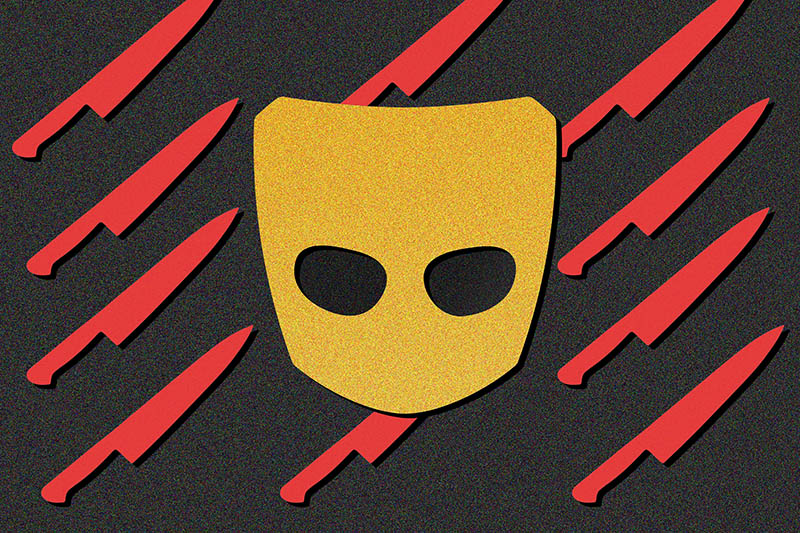
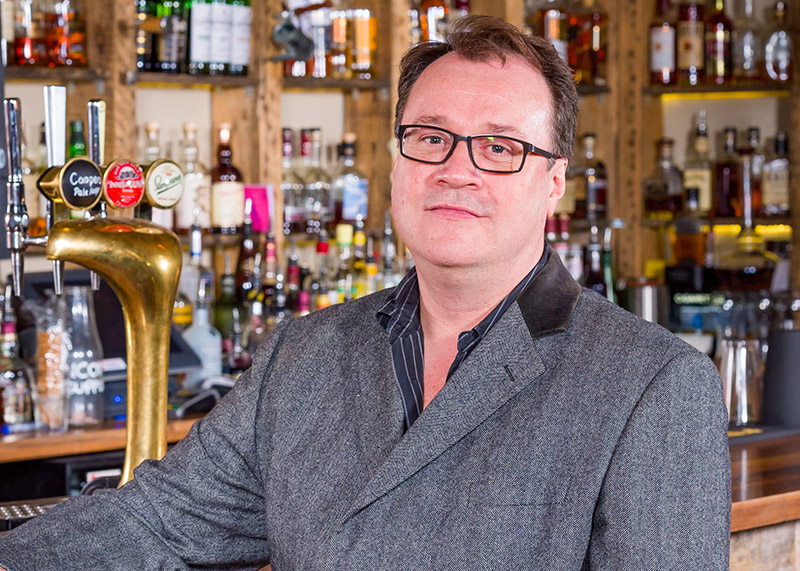














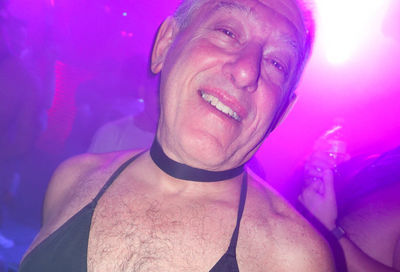
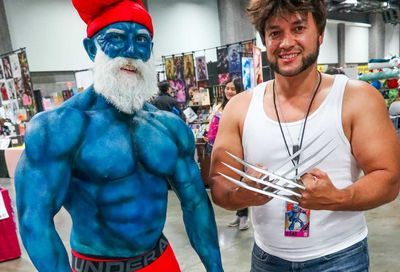
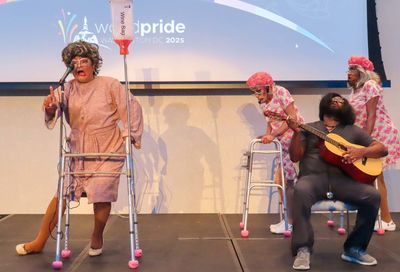
You must be logged in to post a comment.